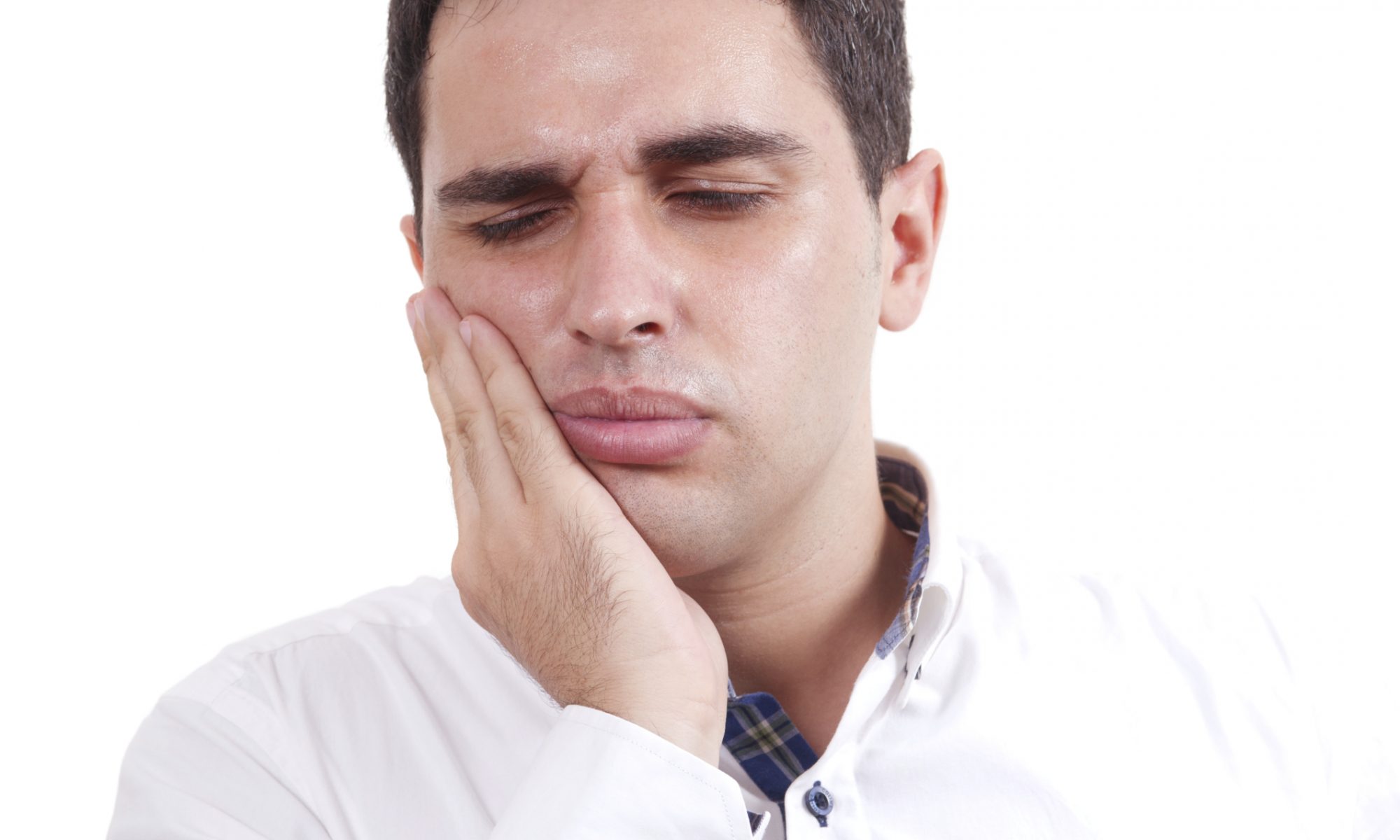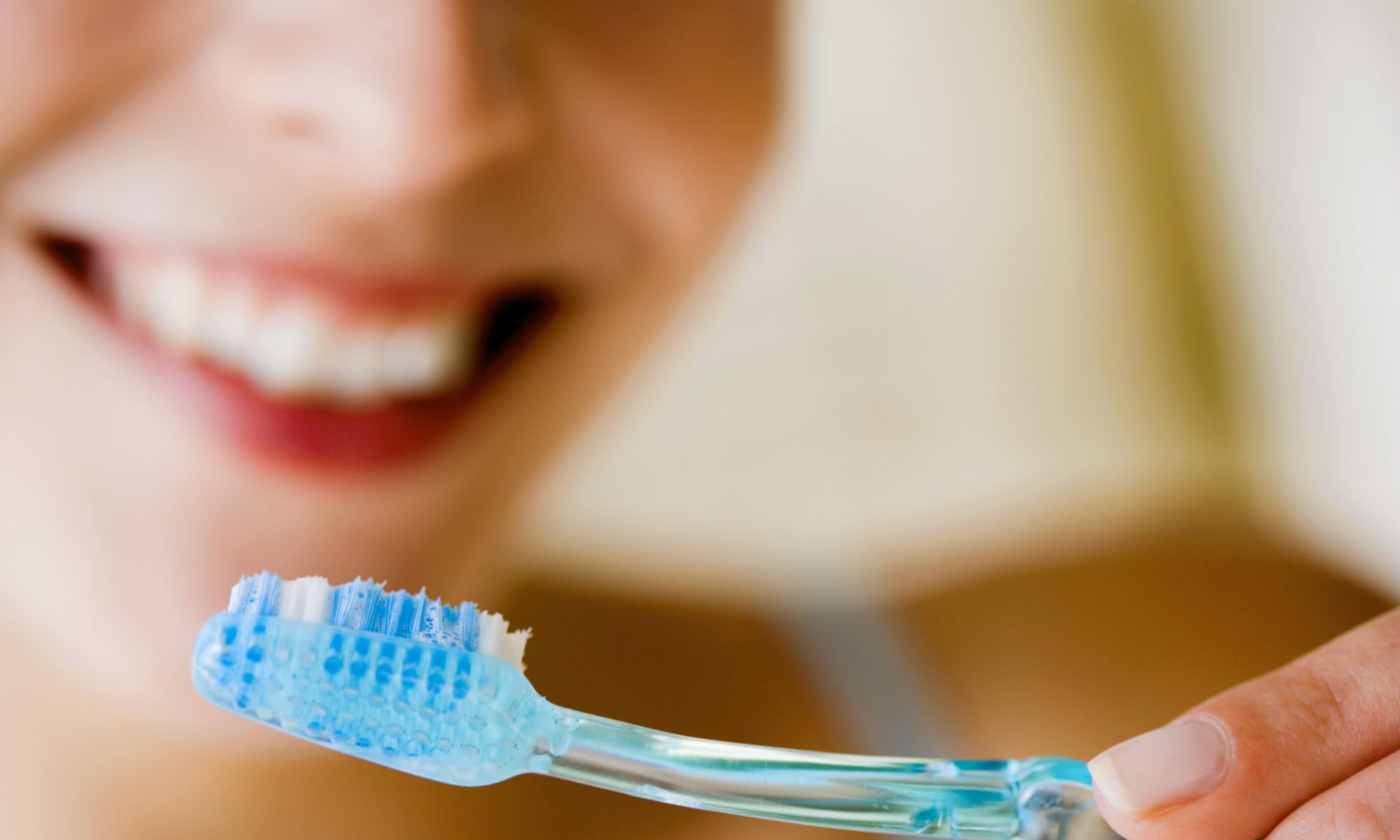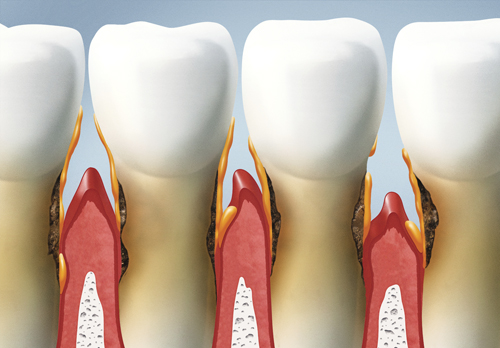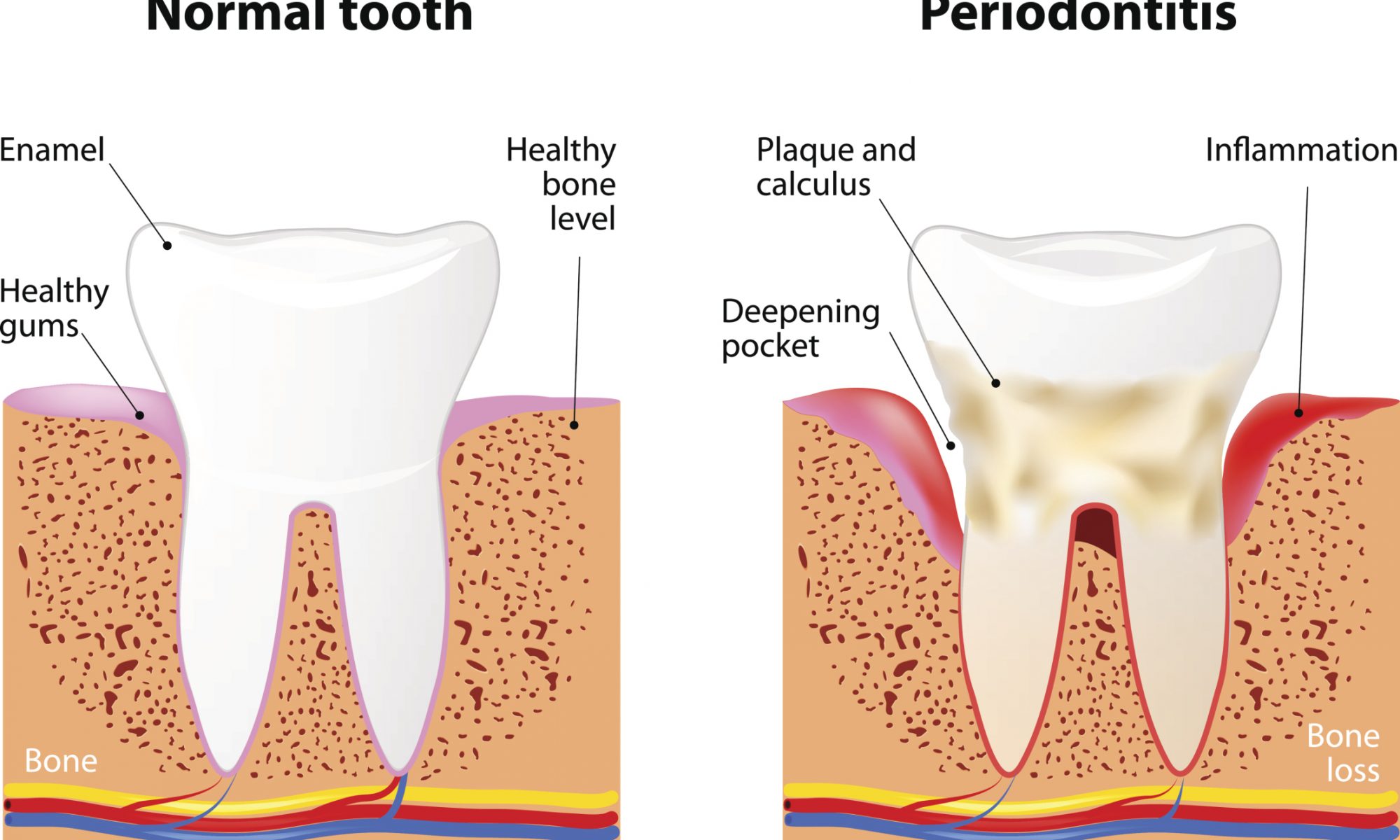Tooth sensitivity is a common dental concern that affects millions of people worldwide. Whether it’s a sudden jolt of pain while enjoying an ice cream cone or a twinge when sipping hot coffee, sensitive teeth can be a real discomfort. In this blog post, we’ll delve into the causes of tooth sensitivity and explore effective strategies for managing and preventing this common dental issue.
Continue reading “Understanding and Managing Tooth Sensitivity | Huntington Beach Dentist”A Brief History of Dentistry | Huntington Beach Dentist
Dentistry, an indispensable aspect of healthcare, has a rich and fascinating history that spans centuries. The evolution of dental practices reflects not only advancements in medical knowledge but also cultural shifts and technological progress. Join us on a journey through time as we explore the milestones and transformations that have shaped the field of dentistry over the past 350 years.
Continue reading “A Brief History of Dentistry | Huntington Beach Dentist”Understanding Dental Insurance | Huntington Beach Dentist
Maintaining optimal oral health is crucial for overall well-being, and dental insurance plays a pivotal role in ensuring access to quality dental care. In this comprehensive guide, we will explore the intricacies of dental insurance, empowering you with knowledge to make informed decisions about your oral health coverage.
Continue reading “Understanding Dental Insurance | Huntington Beach Dentist”The Different Ways a Tooth May Crack | Huntington Beach Dentist
A smile is often considered one of the most powerful expressions, but what happens when that smile is marred by the unexpected – a cracked tooth? The human dentition, while resilient, is not impervious to damage. In this article, we delve into the various factors that contribute to the cracking of teeth, shedding light on the silent culprit behind this common dental concern.
Continue reading “The Different Ways a Tooth May Crack | Huntington Beach Dentist”Seven Tips for Effective Tooth Brushing | Huntington Beach Dentist
A sparkling smile not only enhances your appearance but also reflects good oral health. One of the simplest yet crucial habits to maintain that bright smile is proper tooth brushing. In this blog post, we’ll explore seven effective ways to brush your teeth, ensuring your dental hygiene is top-notch.
Continue reading “Seven Tips for Effective Tooth Brushing | Huntington Beach Dentist”How Sugar and Oral Bacteria Interact | Huntington Beach Dentist
The human mouth is a bustling ecosystem, home to a diverse community of microorganisms, including bacteria. While these microscopic residents play crucial roles in maintaining oral health, an intricate dance unfolds when sugar enters the scene. This blog post delves into the fascinating interaction between sugar and bacteria in the mouth, shedding light on the consequences of this sweet partnership.
Continue reading “How Sugar and Oral Bacteria Interact | Huntington Beach Dentist”Understanding Tooth Layers and Functions | Huntington Beach Dentist
Our teeth are essential tools for eating, speaking, and maintaining a healthy smile. Understanding the anatomy of a tooth can help us appreciate the complexity of these remarkable structures and the importance of proper dental care.
Continue reading “Understanding Tooth Layers and Functions | Huntington Beach Dentist”How To Communicate Effectively With Your Dentist | Huntington Beach Dentist
Discussing your concerns with your dentist is paramount to making the most of your visits with them. You are responsible for the daily maintenance of your oral care, and while your dentist is there to prevent or treat major issues, they can’t know everything going on at home. It’s important to share anything that may be of concern for your ability to either maintain a proper routine and any complications you may be experiencing.
Continue reading “How To Communicate Effectively With Your Dentist | Huntington Beach Dentist”Fluoride: Friend or Foe? | Huntington Beach Dentist
There is a lot to be said about the use and consumption of fluoride; it has historically split public opinion Proponents of fluoride tout its ability to aid in the fight against cavities and tooth decay. Opponents say fluoride is a harmful neurotoxin that has been pumped into our community’s water without express permission by the people.
While trace amounts of fluoride have been added to public water for decades, it has yet to cause widespread neurological issues. According to smiledentalcenterct.com, “research has shown that by adding fluoride to public water supplies, tooth decay-related conditions decline by 25 percent among adults and children.” The addition of fluoride is meant to be a public health benefit, rather than a source of controversy.
As with anything, there is such thing as too much fluoride; two dental visits a year and drinking community water, however, isn’t likely to cause harm. Too much fluoride can cause dental fluorosis that changes the color of tooth enamel and is likely to impact children ages eight and younger as their teeth grow in. As a result, it is not recommended to give children fluoride toothpaste- especially as they develop the motor skills to properly brush and not swallow the paste.
A dentist may dissuade a patient from using fluoride toothpaste if they experience an allergic reaction, or if the individual feels strongly about the amount of fluoride in their daily lives. Fluoride-free formulas offer the same cleaning power and are recommended over not using toothpaste; the difference is that on average, fluoride formulas reduce the number of cavities and occurrence of tooth decay one may experience over their lifetime.
In general, trace amounts of fluoride in drinking water work to improve the oral health of our communities and the use of fluoride toothpaste is safe for adults. The decision to use fluoride toothpaste lies with the individual, but he or she may need to take extra steps such as mouthwash and flossing to ensure they receive the cavity-fighting benefits normally provided by fluoride formulas.
If you would like to find out more about the use of fluoride in dentistry, contact Dr. Gamarnik at 714-842-5626 to schedule a consultation or visit www.hbadvanceddentalspecialists.com for additional information.
Dr. Rudy Gamarnik proudly serves Huntington Beach and all surrounding areas.
What You Should Know About Oral Infections | Huntington Beach Dentist
Oral infections can occur as a result of not practicing consistent oral hygiene routines. If you aren’t brushing for two minutes a day, twice a day, and flossing, you may be at increased risk of developing an oral infection. Here are some of the most common oral infections that may result from poor oral hygiene.
Hand, Foot, and Mouth Disease– Toddlers and school-aged children are the most susceptible to Hand, Foot, and Mouth Disease. The virus Coxsackie A16 is spread by direct contact with saliva and mucus; children are particularly unconscious of their direct exposure to these fluids. Children may experience fever, sore throat, and the development of painful blisters on their body but should only last a few days.
Herpangina– Similar to Hand, Foot, and Mouth Disease, Herpangina typically affects children and presents itself with fever symptoms and difficulty swallowing. Yet, unlike Hand, Foot, and Mouth Disease, it forms blisters on the back of the mouth that once ruptured, become ulcers. Symptoms typically only last a few days.
Gingivitis– Simply put, Gingivitis is inflammation of the gums. It is the precursor to Periodontitis, the escalation of Gingivitis should it go untreated. Gingivitis is the result of plaque buildup that spreads from the gums to the ligaments that support the teeth.
Periodontal Disease– When left untreated, Gingivitis may spread below the gum line, affecting the supportive tissues and bone of our teeth. This progression is known as Periodontal Disease which deteriorates these support leading to the potential loss of teeth and may even spread to the lungs causing pneumonia.
Canker Sores– These are cuts that develop on the gums and other mouth tissues and are common in children and teens. Vigorous brushing, cheek bites, and sports injuries – as well as hormones and immune problems, may lead to canker sores.
Oral Herpes– According to centerforbeautifulsmiles.com, “50-80 percent of American adults” carry the Herpes Simlex Virus. This can lead to “blisters and ulcers on the gums and tongue, flu-like symptoms, or no symptoms at all.” While there are things individuals can do to keep the virus dormant, an outbreak may last ten days to two weeks.
If you would like to find out more about oral infections or understand how to better care of your oral health to avoid serious issues, contact Dr. Gamarnik at 714-842-5626 to schedule a consultation or visit www.hbadvanceddentalspecialists.com for additional information.
Dr. Rudy Gamarnik proudly serves Huntington Beach and all surrounding areas.







